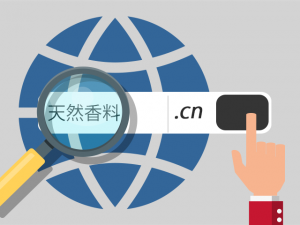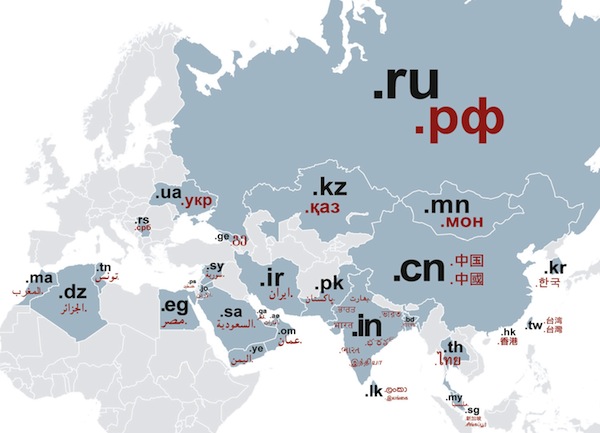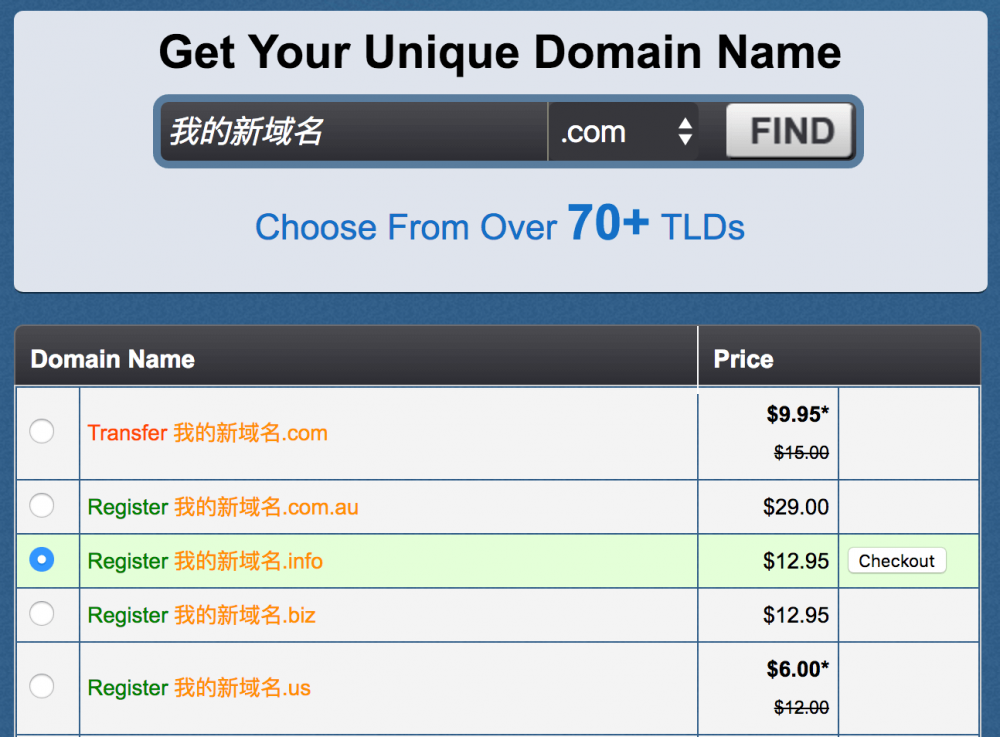IDN domain registrations supported on all themes
 One of the main factors which helped the World Wide Web spread to every corner of the planet was the introduction of multilingual domain names (IDNs) – over a decade ago.
One of the main factors which helped the World Wide Web spread to every corner of the planet was the introduction of multilingual domain names (IDNs) – over a decade ago.
Thanks to the IDNs (Internationalized Domain Names), users from all across the globe can have domain names written in their native languages. As a result, the monopoly of Latin characters in domain names was broken.
Resellers can take advantage of IDNs in order to target untapped local markets with a native domain name service.
What are IDN domain names?
Thanks to IDNs web addresses can be written in a wide selection of scripts. Users are no longer limited to the use of standard ASCII letters (a-z), the decimal digits (0-9) and the hyphen (-).
There are two groups of IDNs:
1. IDNs at the second level
Introduced in 2003, they enabled Internet users to register web addresses in their native languages. For example:
großelösungen.de
Their existence is possible thanks to the release of a specification which allowed the use of Unicode characters in domain names.
2. IDNs at the top level
The use of native scripts in domain name extensions, for example – مصر. (for Egypt) and .рф (for Russia), was enabled in November 2009. This was made possible thanks to the launch of the IDN ccTLD Fast Track Process.
Governments and administrations of countries, which operate country-code Top-Level Domains and are listed in the ISO 3166-1 standard, were the first which were provided with access to them.

Why are IDNs valuable today?
Since currently the Internet covers almost every corner of the globe – allowing people to use their alphabets in web addresses is a requirement.
It’s easier for Internet users to interpret and memorize web addresses when they are in their own language and alphabet. This is the reason why so many website owners view IDNs as the perfect tool to boost their websites’ popularity.
IDNs also increase brand recognition and are a great marketing tool for local audience-targeted businesses.
It is a fair assessment to say that today building an online presence which speaks the language of the visitors can’t be complete without the IDN building block. Furthermore, marketers recommend the following strategy for ‘non-Latin’ site owners – register one domain in your native script:
großelösungen.de
and one using the standard ASCII characters:
greatsolutions.de
This will enable you to target international and local Internet users simultaneously.
How do IDNs work?
IDNs don’t change the Domain Name System (DNS). Non-ASCII-compliant domain names simply become ASCII-compliant. This is done via punycode used to transform non-ASCII Unicode characters into a special sequence of ASCII characters.
As a result, when a user types a non-Latin web address in their internet browser:
納豆.例.jp
the browser will convert the native script characters into their corresponding punycode equivalents:
xn--jp-cd2fp15c.xn--fsq.jp
IDNs have to be supported by the internet browser and by the platform where the non-ASCII web address is located in order to work.
Full punycode support for backend Unicode-ASCII conversions has been enabled on our web hosting platform. The modern versions of all popular browsers provide client-side support for IDNs. These include Internet Explorer, Firefox, Netscape, Opera and Safari. IDN support for Internet Explorer 6 can be enabled via a special plug-in.
Which TLDs support IDNs?
Widely used TLDs such as .COM, .NET, .ORG, .INFO, .WS, and .CC all support Unicode characters.
Other TLDs provide support for only a number of languages – .CO supports Spanish, Danish, Norwegian, Japanese, Korean, Swedish, Icelandic, Finnish and Chinese, .EU provides support for virtually all European languages, while .ASIA supports Chinese, Japanese and Korean.
How to register IDN domains?
In the domain search form, enter your website’s name in language of your choice and then pick one of the results. That’s it!

***
Make your web hosting services more pleasing for local audiences through the implementation of official support for internationalized domain names on our reseller hosting platform.
Take full advantage of the opportunity which IDNs provide and approach your customers in their native language.

Leave a Reply